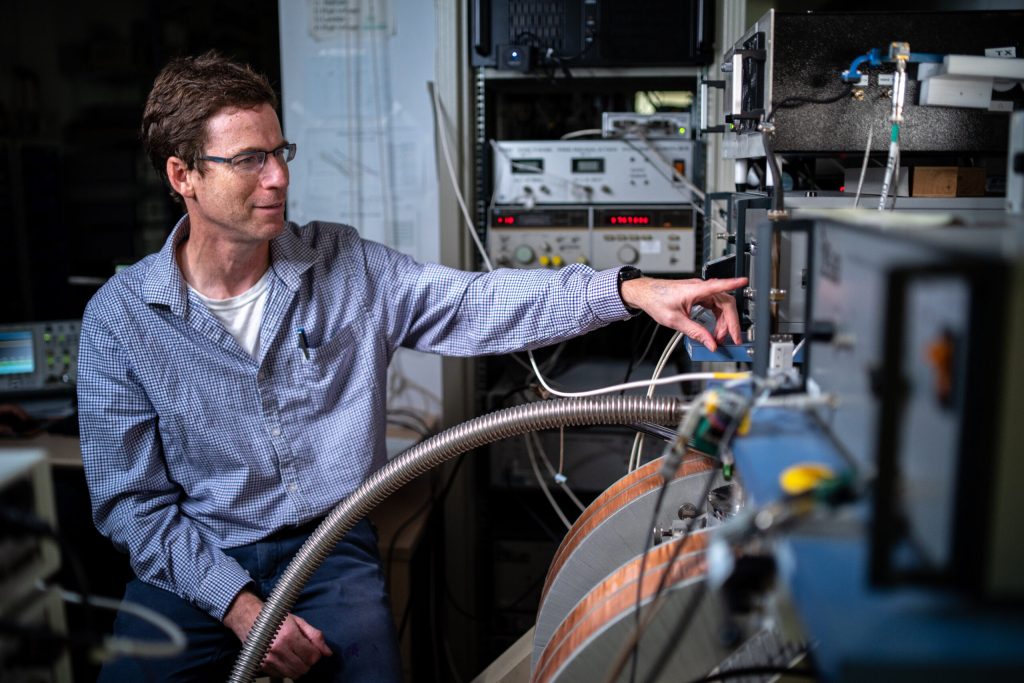News & Events
News

23 September 2024
Innovative Materials Poised to Revolutionize MRI Technology
These materials will improve the capabilities of medical and research teams in early disease diagnosis, tissue characterization, disease progression monitoring and more
New Breakthrough Could Improve Early Disease Diagnosis and Reduce Reliance on Radiation-Intensive Tests
A research team from the Technion’s Faculty of Chemistry has developed advanced materials that are expected to significantly enhance the performance of Magnetic Resonance Imaging (MRI) scans. This innovation, led by RTICC-affiliated member Prof. Aharon Blank and doctoral student Itai Katz, promises to improve early diagnosis capabilities for a range of diseases, while potentially reducing the need for radiation-intensive imaging tests such as PET-CT. The findings, published in Science Advances, mark an exciting advancement in non-invasive medical imaging.

In MRI technology, one of the key challenges has been the difficulty in detecting metabolites—small molecules that are essential to the body’s chemical processes and often serve as clinical indicators for conditions like cancer, cell death, and other metabolic changes. Traditional MRI machines struggle to capture these molecules due to their low concentration in tissues. However, the new method introduced by the researchers, called MMV, dramatically enhances the magnetic resonance signal for metabolites, allowing them to be more easily identified in MRI scans.
The new materials developed for this method not only boost the signal strength by a factor of about four orders of magnitude but also extend the duration for which the signal remains strong—up to 10 minutes, compared to just one minute with current technologies. This extended time-frame allows medical professionals to track the presence and movement of metabolites over longer periods, providing a more comprehensive picture of tissue health and disease progression.

The practical applications of these findings could be transformative for both medical and research fields. The improved sensitivity of MRI scans means that physicians will be able to use them in more cases, reducing the need for expensive and radiation-based imaging tests. This is especially important for cancer research, where early detection and continuous monitoring of tumor growth and treatment effectiveness are critical.
In addition to enhanced disease diagnosis, the new materials could assist in tissue characterization, surgery planning, and the selection of optimal treatments, making MRI an even more valuable tool for medical decision-making.
The Research has been published in the Journal Science Advances.




